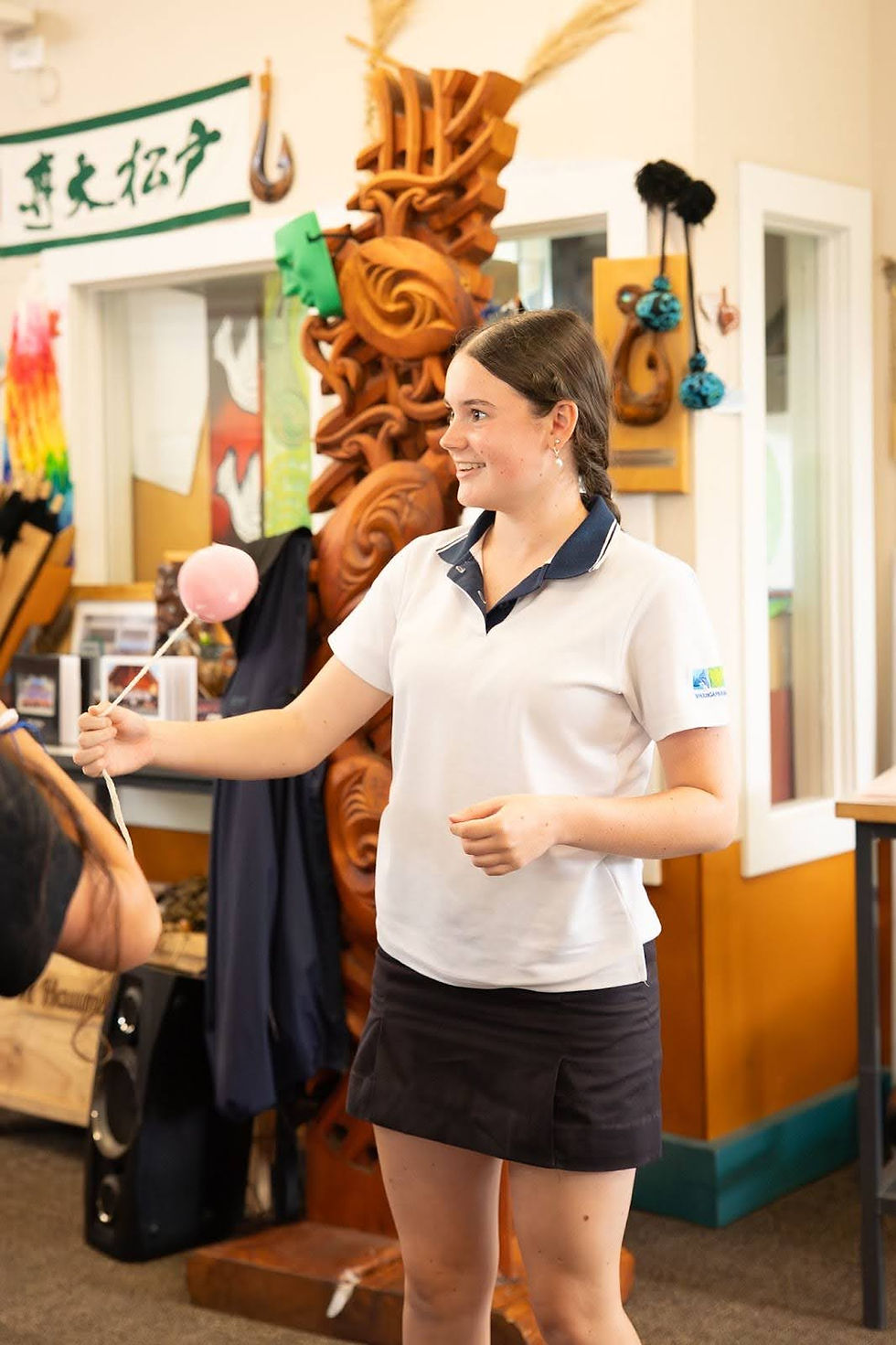Local Elections for Dummies: A Voting Crash Course
- Justin Hu
- Aug 29, 2022
- 4 min read
By Justin Hu (he/him)
Auckland’s local elections are a couple of weeks away and this year’s race will be crucial for our city’s future. Your vote will matter! If you feel like you’re a bit out of the loop, don’t stress! Debate will get you up to speed. If you’re enrolled to vote (not specific to local elections), you’ll have the option to vote for three different positions: mayor, councillor and local board members. Here’s what it means to vote in those three races.

What are the parties?
Ha, prank! There are no big parties. Or, at least not as
you know them. In many local election races, you’ll see candidates running as “independent” with only sporadic use of region-wide ticket affiliations. City Vision candidates are endorsed by both the Labour and the Greens local party organisers, while Communities and Residents are National’s de facto local election body. You’ll also see some candidates standing under a Labour-only banner, mainly in the party’s strongholds in South and West Auckland.
What does the mayor do?
This race is the simplest. Everyone gets one vote and the candidate to receive the most votes becomes mayor. Think of this role sort of like the prime minister, except less powerful (yes I know, terrible comparison). Jacinda Ardern and her ministers have the power to act because she commands a majority of the MPs in Parliament. However for the most part, the mayor is just one vote among 20 councillors. Auckland’s mayor does have some unique powers, like managing the council’s all-important policy committees and appointing the deputy mayor. They also propose the council’s spending budgets (voted on by the councillors) and have their own staff. People expect the mayor to have a big-picture idea of where the city is going. For example, former mayor Len Brown spent several years lobbying the then-National Government to fund the City Rail Link project. Brown was successful after around five years of lobbying, and the $4 billion train tunnel is now under construction. They have more influence than councillors standing on their own and are expected to represent Auckland to outsiders.
How about councillors?
For councillors and local board members, you can vote for as many candidates as there are vacancies. Having 20 strong councillors is just as important as having a good mayor - as Invercargill’s councillors can likely attest. Around Auckland Council’s “governing body” table, councillors spend time approving spending decisions, endorsing long-term plans and voting on high-level policies to tackle citywide issues like housing and transport. Something the Auckland Council has deliberated over recently is whether they should go ahead with its ‘targeted rate’ (a local tax to help mitigate climate change). The new rate would primarily go towards funding new transport options to let more people take more trips without using a car and would mean substantially upgrading service on around 80 bus lines around the city. However, one-third of councillors ultimately voted against the targeted rate. In their past term, councillors have decided whether to zone for more homes during a housing crisis, whether to let AT remove arterial street parking to build bus lanes, and how much money to spend on safe urban cycling paths. Many of them were votes that could’ve gone differently with different councillors.
What are local boards and what do they do?
Local boards are an Auckland oddity and work in a rather peculiar way. There are 21 local boards and each has up to nine members elected (149 local board members in total). Boards are charged with decision-making on local issues, activities, services and providing input into regional strategies, policies, plans and decisions. But what does that actually mean? Uh, well, it isn’t very clear. Different local boards will have different approaches, but you’re likely to find them helping draft a strategy for the future of your local town centre, approving new road names, or deciding what community groups to grant funding to. In any case, they could be using their position to lobby councillors and Auckland Transport. They also speak to the media about important issues and projects to the people who elected them. Choosing local board candidates is important, because their values and priorities will shine through in what they advocate for and fund at a local level. But, aside from the chairperson, being a local board member is only a part-time job and this can be reflected in some of the work that boards do. Many local boards complain of having too little power, since councillors ultimately oversee many “regional” projects that people associate with council. But a lot of a local board’s agency comes from the motivation of board members themselves in whether they are active during long workshops, understand council strategies, attend community events, or show leadership on issues where there is none.
I want to learn more!
Don’t worry if you feel like you don’t know enough about the candidates! Google is your best friend. Even a quick two-minute search will give you a better idea of who to vote for - and failing that, who not to vote for. Official candidate statements (a 200-word pitch written by the candidate themselves) will be available from September 5. The Spinoff is also bringing back its 'Policy Local' tool which helps compare the policy positions of local election candidates (policylocal.nz). There are also usually candidate debates or events in your local ward where you can hear directly from local people running for office. If you want to learn more about the big issues affecting Auckland, you can find good coverage, on topics like housing and transport, in Simon Wilson’s columns in the NZ Herald or Todd Niall’s local election coverage for Stuff.




Comments